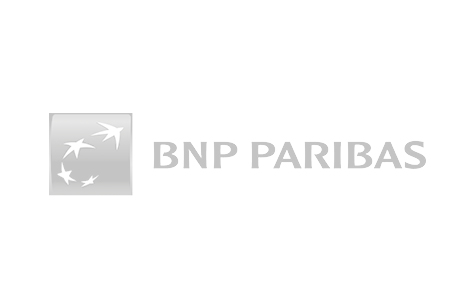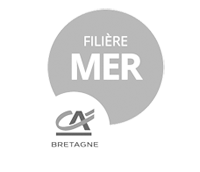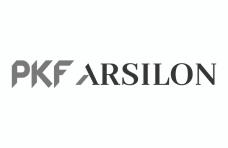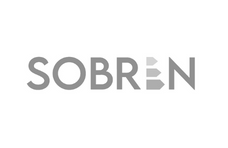Funded project
Alzheimer's disease affects almost one million people in France. Because the population is ageing, this figure is increasing at a rate of almost 200,000 new cases per year (a staggering 1 new case every 7 seconds worldwide), and the social and economic impact of this disease is now a source of particular concern. Furthermore, still little is known of the causes and mechanisms of this disease and there is currently no form of treatment to prevent, delay or cure this disease.
The aim of the PHARMASEA project was to characterise several families of molecules of interest in the study and treatment of Alzheimer's disease.
In recent years, kinase inhibitors (kinases being enzymes responsible for phosphorylation of certain proteins) have come to represent a major opportunity to develop innovative drugs in numerous therapeutic fields. Some of these compounds target kinases which are clearly implicated in Alzheimer's disease.
In the course of the project, two families of molecules were indentified:
Leucettines, an alkaloid derived from a marine sponge, are a chemical family of protein kinase inhibitors and these kinases are linked to several pathologies. The research has led to the detailed characterising and optimising of the Leucettines and the preparation of the regulatory preclinical studies for a drug candidate to treat Alzheimer's disease and also to reduce the intellectual impairment associated with Trisomy 21 (Down Syndrome). Both of these - Alzheimer's and Trisomy 21 - have important points in common linked to the presence on chromosome 21 of two genes essential in the development of Alzheimer's disease. People with Down Syndrome can develop the symptoms of Alzheimer's as early as 40 years of age.
Aftins are a chemical family of inducers in the production of Amyloid Aβ-42, a major factor in the onset and development of Alzheimer's. Aftins therefore offer a new form of molecular tool for studying this pathology.
The project work specifically involved characterising and optimising Aftins to perfect new cellular and animal models for studying Alzheimer's disease and screening methods to detect other molecules with Aftin-type activity.
The project also led to the development of two technology platforms:
ManRos Diagnostics for Alzheimer cellular screening and ManRos Reagents for the sale of laboratory reagents.
The company ManRos Therapeutics is pursuing development of Leucettines and plans to sell an operating licence to a major pharmaceutical company. These activities currently enable the 13 posts created to be maintained.
The PHARMASEA project is recognised jointly by Pôle Mer Bretagne and Pôle Eurobiomed.
Partners
Companies
- - ManRos Therapeutics, « From Sea to Pharmacy », Roscoff [Project Developer]
- - Amylgen, Montpellier
Research centers
- - CNRS, Station biologique de Roscoff
- - Équipe spécialisée dans la synthèse de molécules organiques innovantes, Université de Paris Descartes, Paris
- - Groupe « Ingénierie chimique et molécules pour le vivant », Université de Rennes 1, Rennes
- - Groupe « Médicaments et Neuropharmacologie » du service de Pharmacologie et d'Immuno-analyse, CEA de Saclay, iBiTec-S, Saclay
- - INSERM, Unité U710, groupe spécialisé sur le modèle animaux de pathologies neuronales, Montpellier
Funders
FEDER
Fonds Unique Interministériel
Bpifrance
Région Bretagne
Département Finistère
Rennes Métropole
Région Occitanie
PDF




































